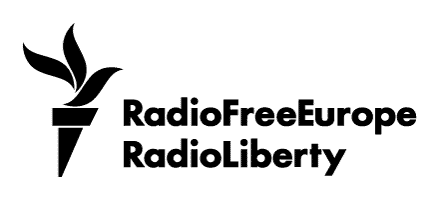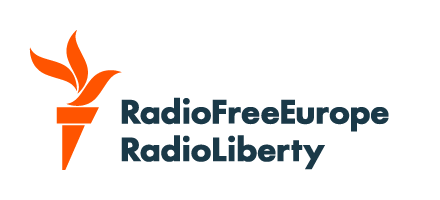A Greek governor has called for a national state of emergency and Bulgaria’s prime minister says his government will send over 400 troops and other security personnel to guard its border with Greece, amid fears the migrant flow along the Balkan route will pick up with the onset of warmer weather.
The president of neighboring Macedonia, meanwhile, criticized the European Union for failing to resolve the crisis that is posing one of the gravest tests yet to the 28-member bloc.
Speaking before the Organization for Security and Cooperation in Europe in Rome on March 4, Macedonian leader Gjorge Ivanov said that after decades of having moved to establish the bloc as a border-free zone, "Europe now has more walls than during the Cold War."
Ivanov’s comments, and the moves by Greek and Bulgarian officials, highlight the deepening conflict within the EU, and with its periphery neighbors, to craft a coordinated plan to deal with the hundreds of thousands of migrants flooding Europe from the Middle East and North Africa.
Macedonia, which is seeking EU membership, has rankled Brussels by erecting a barbed-wire fence at its border with Greece to prevent hundreds of thousands of migrants from transiting the country on their way to northern Europe.
In the Greek region of Macedonia -- which shares the same name as the country -- Governor Apostolos Tzitzikostas called on the central government to declare a state of emergency for the area surrounding the Idomeni border.
He said 13,000 to 14,000 people were trapped in Idomeni, while another 6,000 to 7,000 were being housed in refugee camps around the region. That means the area handles about 60 percent of the total number of migrants in the country.
"It's a huge humanitarian crisis. I have asked the government to declare the area in a state of emergency," Tzitzikostas said March 5. "This cannot continue for much longer."
In his speech in Vienna, Ivanov said Athens was the "weakest link" in Europe today because it had failed to secure its borders.
"Europe is only as strong as its weakest link, and today that link is Greece," he said.
He said Macedonia had to build a wall because Greece was unable to prevent migrants from entering its territory on boats manned by people smugglers from Turkey.
Meanwhile, speaking after security force exercises held along its border with Greece, Bulgaria’s prime minister announced plans to send hundreds of security personnel to the border. Another 500 security personnel could be mobilized within hours if necessary, he said.
"Hundreds of people, more than 400, from the army, paramilitary police and police, will stay here permanently," Boiko Borisov said March 5.
Last month, Bulgaria's parliament granted the army greater powers to help guard the country's borders. Previously, troops were only able to provide technical and logistic support.
EU member Bulgaria already has close to 2,000 police guarding its porous 260-kilometer frontier with Turkey and is currently extending a razor-wire fence.
The European Union and Turkey will hold a summit March 7 to discuss the refugee crisis.
Macedonian Leader Blasts EU For Failing To Secure Borders
- By RFE/RL
Updated





